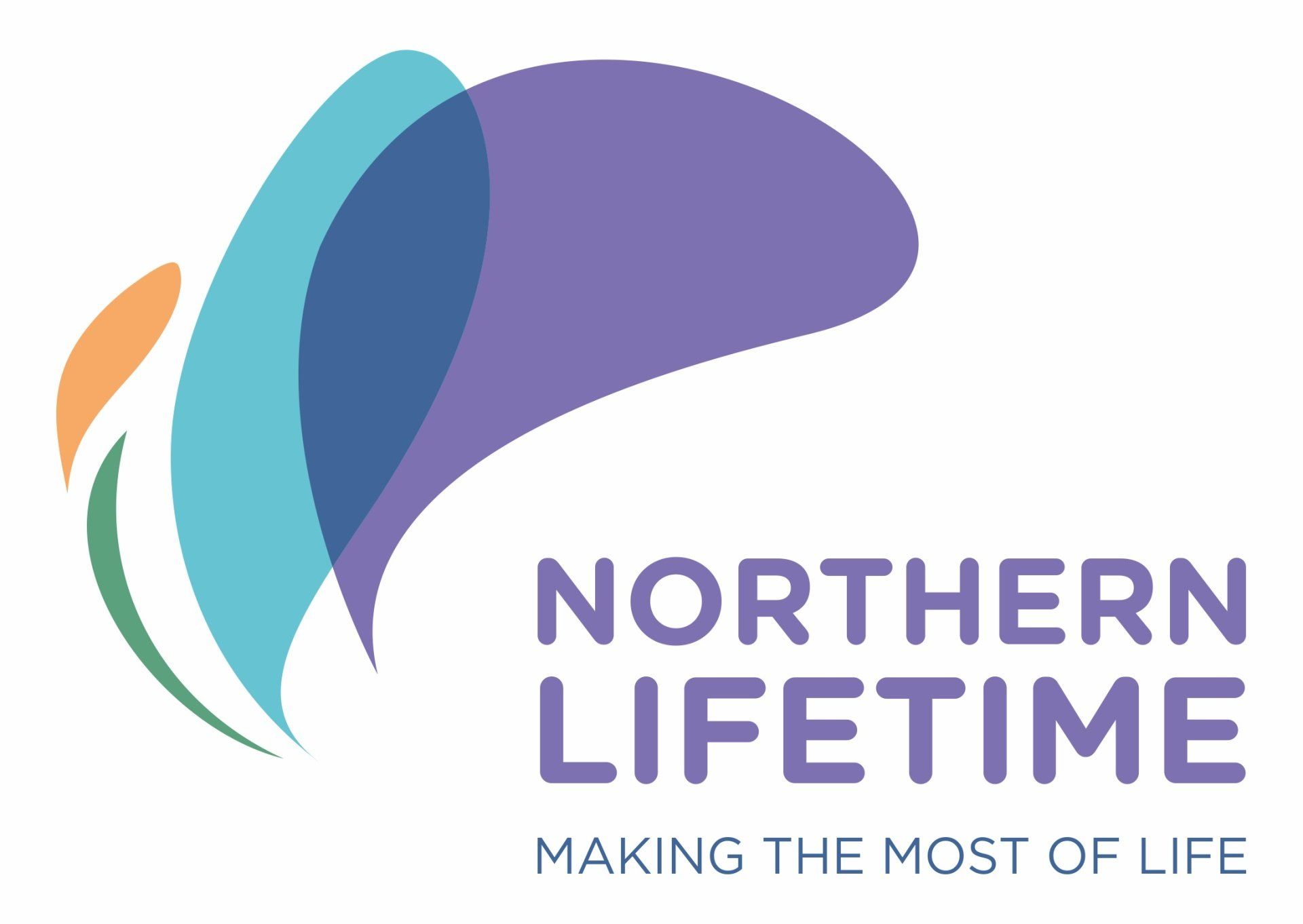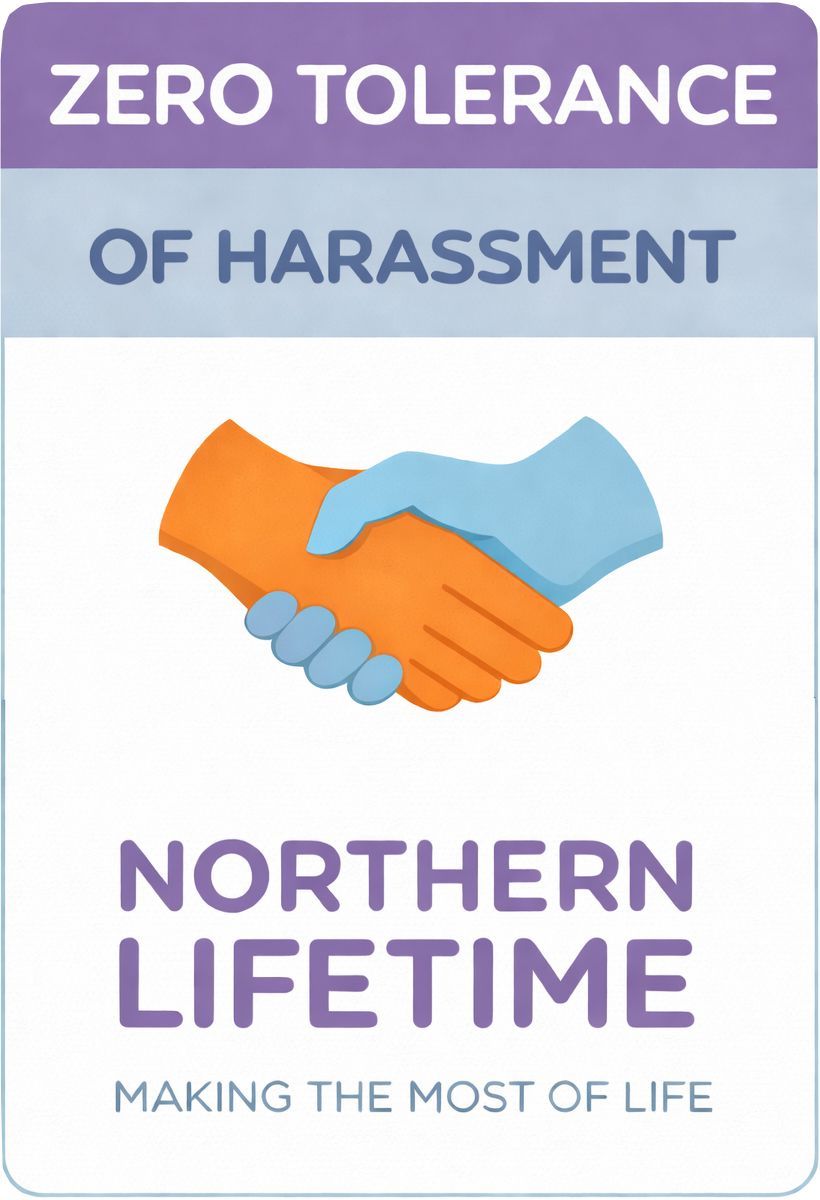If you've had a brain injury, or know someone who has, then you'll have noticed a lot of new jargon. Any serious injury is traumatic, bewildering, even frightening. It can make the strongest of us feel helpless. However, understanding the jargon that professionals use will help paint a picture of what it is people are doing to try and improve a person's circumstances and allow them to live safely, comfortably, and as independently as possible.
Acquired Brain Injury
Some people are born with health and brain conditions. The word ‘acquired’ is used when a person suffers a brain injury as the result of an illness or accident.
Some people are born with health and brain conditions. The word ‘acquired’ is used when a person suffers a brain injury as the result of an illness or accident.
Care Plan or Care Package
These terms refer to a collection of measures designed to allow a person with a brain injury to live safely, stably, and as independently as is possible. Once an assessment of a person’s needs is made then a toiler made care package can be put together to meet the persons specific needs.
Case Management
Case management is the process of finding out what a person with a brain injury needs to enable them to live as independently as possible, by co-ordinating medical, rehabilitation and support. This role may involve liaison with various professionals and agencies, advocacy on behalf of the patient, and arranging for purchase of services where no appropriate programmes are available
Case Manager
A case manager is usually appointed by a solicitor (in the case of serious injuries), or sometimes by a person’s family, to assess the current and future needs of a person who has suffered a brain injury, and to design, implement, and direct a care package that best supports rehabilitation, and living as independently as possible.
These terms refer to a collection of measures designed to allow a person with a brain injury to live safely, stably, and as independently as is possible. Once an assessment of a person’s needs is made then a toiler made care package can be put together to meet the persons specific needs.
Case Management
Case management is the process of finding out what a person with a brain injury needs to enable them to live as independently as possible, by co-ordinating medical, rehabilitation and support. This role may involve liaison with various professionals and agencies, advocacy on behalf of the patient, and arranging for purchase of services where no appropriate programmes are available
Case Manager
A case manager is usually appointed by a solicitor (in the case of serious injuries), or sometimes by a person’s family, to assess the current and future needs of a person who has suffered a brain injury, and to design, implement, and direct a care package that best supports rehabilitation, and living as independently as possible.
Deputy
When a person with an acquired brain injury has no power of attorney in place, a deputy (or sometimes several deputies) is appointed by the Court of Protection to make decisions on behalf of someone who lacks Mental Capacity.
When a person with an acquired brain injury has no power of attorney in place, a deputy (or sometimes several deputies) is appointed by the Court of Protection to make decisions on behalf of someone who lacks Mental Capacity.
Interdisciplinary
This term refers to professionals with different skills coming together. In the case of brain injury, a case manager will put together experts to best meet the needs of the brain injured person. These specialists can be doctors, psychologists, rehabilitation therapists, support workers and so on.
This term refers to professionals with different skills coming together. In the case of brain injury, a case manager will put together experts to best meet the needs of the brain injured person. These specialists can be doctors, psychologists, rehabilitation therapists, support workers and so on.
Occupational therapy (OT)
Occupational therapy is the use of activities that can increase comfort of living and independence. The term ‘occupation’, in this sense, means any activity that helps to discover, evaluate, and hopefully treat problems that interfere with a person’s day-to-day functioning.
Occupational therapy is the use of activities that can increase comfort of living and independence. The term ‘occupation’, in this sense, means any activity that helps to discover, evaluate, and hopefully treat problems that interfere with a person’s day-to-day functioning.


